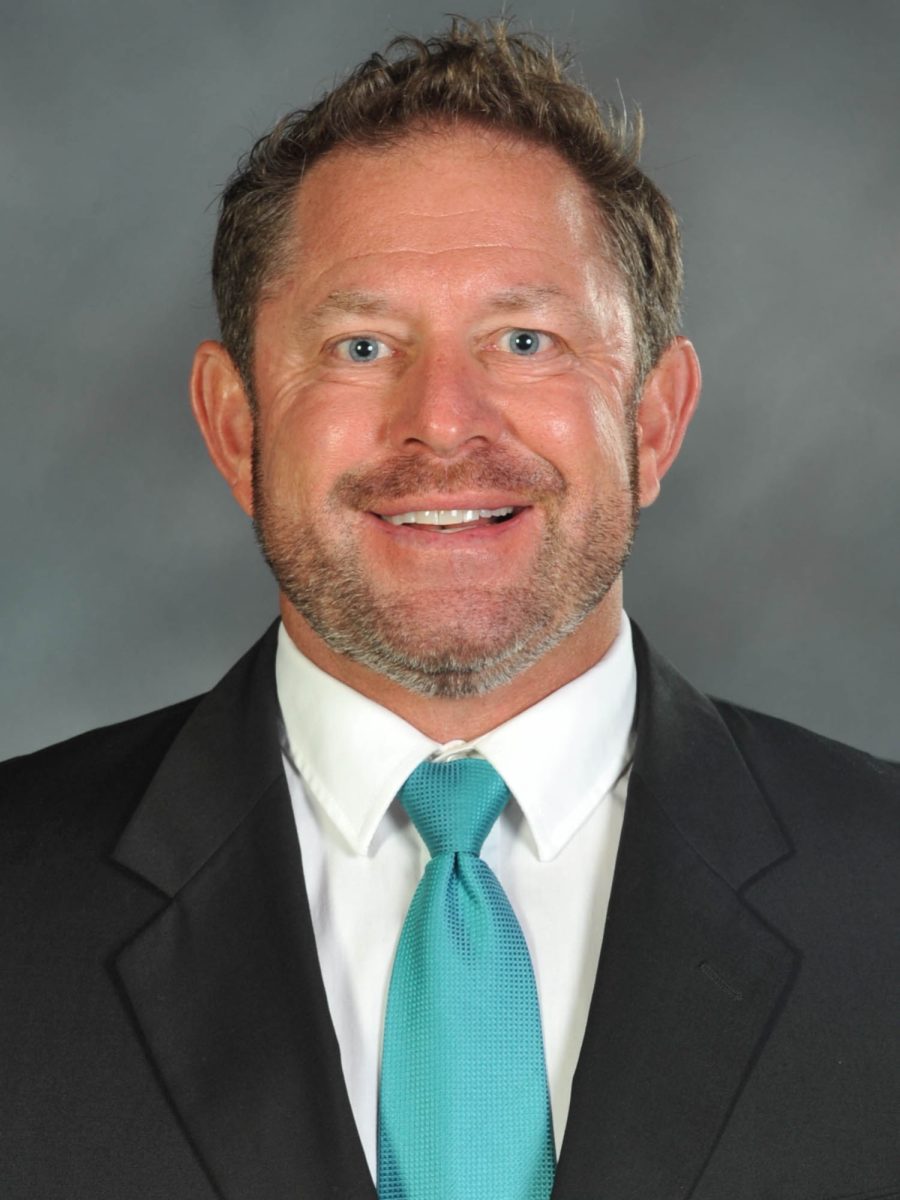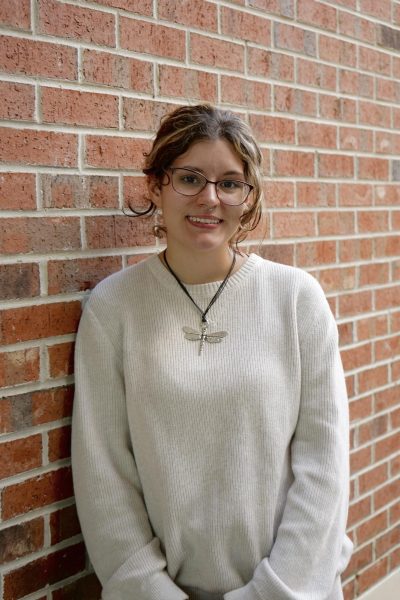If further approvals are granted and development goes as planned, then Coastal Carolina University’s (CCU) third doctoral degree program could launch by Fall 2028.
The board of trustees approved moving forward on Friday, Oct. 18 with a new Doctor of Physical Therapy (DPT) degree program.
Students interested in pursuing a career in physical therapy must earn a DPT degree to become legally licensed in the field. As the DPT degree has not been offered at CCU previously, students had to continue their education at a separate university. The development of a DPT degree at CCU would allow students to remain at CCU for their studies and bring in additional students.
Colleen McGlone, dean of CCU’s Conway Medical Center (CMC) College of Health and Human Performance, said the university has received approval from the Southern Association of Colleges and Schools Commission on Colleges, and is further pending approval from the South Carolina Commission on Higher Education. She said that the community overall has been overwhelmingly supportive, with multiple local hospitals reaching out to serve as internship and clinical placement sites.
“I think that this is going to be something that will make Coastal proud,” McGlone said. “Our college mission is to create positive, multigenerational impacts on our community, and this is one way that we can do that.”
According to the Bureau of Labor Statistics, employment in the physical therapy workforce is projected to grow 17% from 2021 to 2031. McGlone said the CMC college proposed the DPT degree program in response to the community’s increasing need for physical therapists. She said that it would not be morally and ethically correct to develop a degree if there were not opportunities for students to be gainfully employed in that field.
“We don’t want to be designing degree programs where our students have nowhere to go, right?” McGlone asked. “For us, we’re looking at not only your education here, but what happens after you leave here.”
McGlone went on to say that CCU’s goal for graduating students is to either continue their education, find employment or do something that serves the general community and population.
Physical therapy is not a college major itself, but CCU offers undergraduate degrees that can lead into a DPT degree. Undergraduate degree majors include, but are not limited to biology, health science and most commonly exercise and sport science.
After earning an undergraduate degree in a related field, students can begin working directly on their DPT degree.
Sophomore exercise and sport science major James Simmons knew he wanted to work in the healthcare field. With a specific interest in health, exercise and nutrition, he felt drawn to work in physical therapy specifically.
“It was just something that I always admired, I always liked learning about the body,” Simmons said.
After a previous internship and encounters with physical therapists throughout the state, Simmons plans to pursue his career while remaining in South Carolina.
Junior exercise and sport science major Michelle Baker also plans to pursue a local career in physical therapy. Baker said that she hopes to obtain a DPT degree from Duke University.
However, she is relieved to know that there may be a chance for her to pursue the doctoral degree later on at CCU if she decides.
“It felt like the options were a little limited, like I had to leave,” Baker said. “Knowing that if I wanted to take a gap year or two, or something like that, and then be able to stay, it’s a nice thing to have.”
Although students are excited for the possibility of a DPT degree program at CCU, McGlone said the program will be highly competitive and is expected to start with about 30 students.
McGlone said the college’s next step is to bring in someone with a doctorate in physical therapy to help develop the program– this is a required step in order to receive the trustee board’s approval of the program as a whole.
As the program grows, CCU will bring in professors with DPT degrees to teach the program.
























